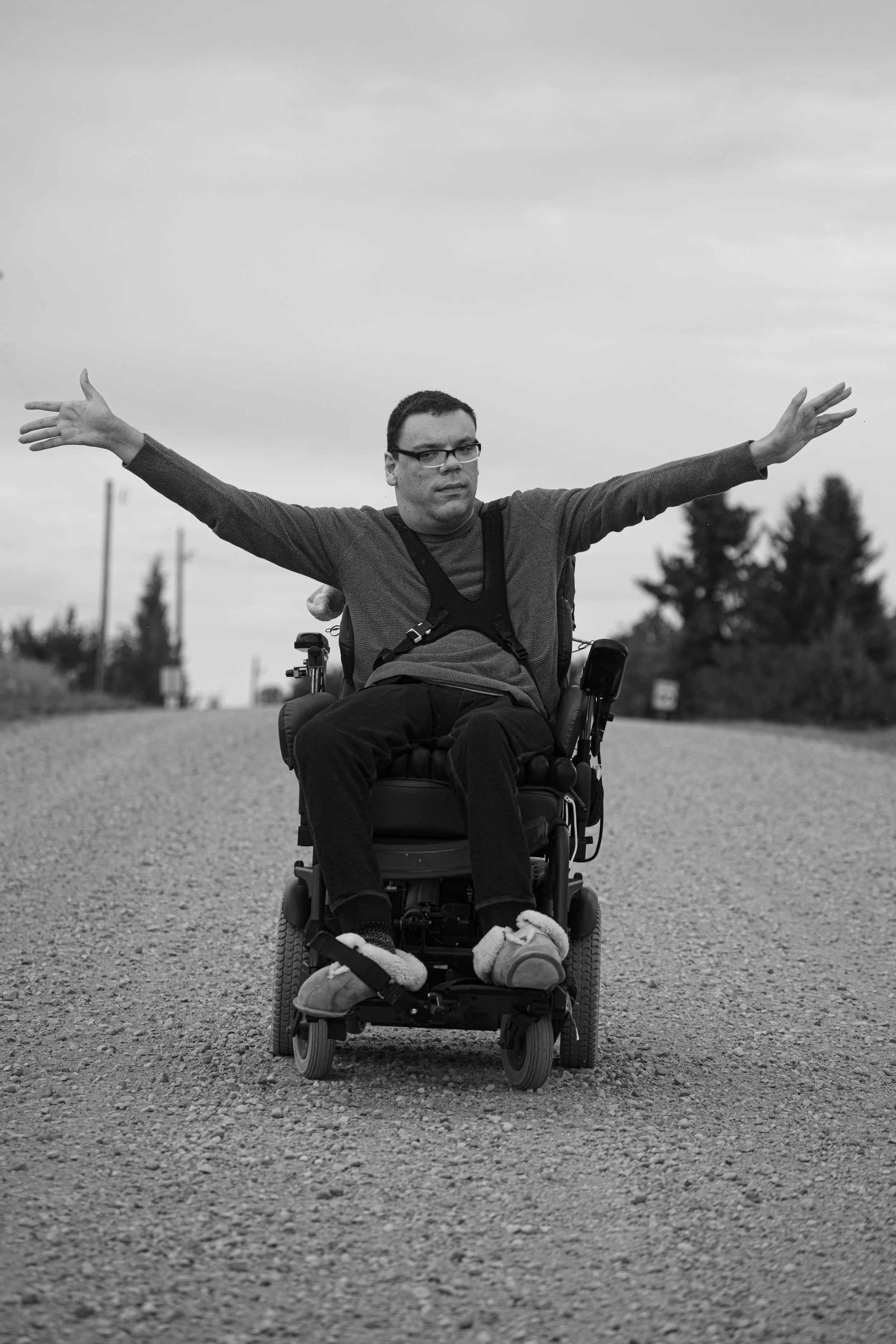Rethinking Disability Through the Lens of Ableism
Photo by Tristan Sosteric
Disability is often viewed through a narrow lens that focuses primarily on medical and social understandings. However, disability is multifaceted and deeply entwined with political dimensions that influence how society perceives and addresses it. To better understand this complex landscape, it is essential for us to understand our ableism and explore how disability intersects with politics in order to be better allies.
Ableism refers to discrimination and social prejudice against people with disabilities. It is rooted in the belief that typical abilities are superior, leading to the marginalization and exclusion of individuals who have physical, mental, or sensory disabilities. Ableism manifests in various ways, including inaccessible environments, negative stereotypes, and systemic barriers that prevent full participation in society.
Photo by Daniel Ali
It is important to look at disability as not only a personal experience one might be contending with but also a political issue that affects our societal functioning as a whole. We can expand our knowledge by understanding how areas highlight how politics shape the lives of people with disabilities and see where we can intervene and support:
1. Legislation and Policy
Governments create and enforce laws and policies that significantly impact individuals with disabilities. These laws reflect societal values and priorities but often fail to inclusively address the needs of people with disabilities. For instance, the Americans with Disabilities Act (ADA) was a crucial step forward, yet much more remains to be done to ensure comprehensive inclusion and equity.
2. Social Services and Benefits
Political decisions determine the level and type of support available to people with disabilities. This includes access to healthcare, education, employment opportunities, and financial assistance. The allocation of resources and funding for disability services is a contentious political issue, with varying levels of commitment and support depending on the political climate.
3. Representation and Advocacy
Disability rights movements and organizations play a critical role in advocating for changes that improve the lives of individuals with disabilities. Lobbying for new legislation, raising awareness, and fighting for equal rights and opportunities are essential activities. Political representation of individuals with disabilities in decision-making bodies is vital to influencing policies and changing societal attitudes.
Photo by Dibakar Roy
4. Social Model vs. Medical Model
The way we view disability is influenced by political ideologies. The medical model of disability focuses on the individual's impairment and medical intervention. In contrast, the social model emphasizes societal barriers and the need for social change to accommodate all individuals. Political discourse and policy must shift to address systemic issues effectively, moving beyond a purely medical perspective.
5. Disability, Intersectionality, and Globality
Disability intersects with other social categories such as race, gender, socioeconomic status, and immigration status. It is crucial to consider the specific issues arising from these intersections, especially regarding access to resources. Disability is a global human rights issue, requiring a comprehensive approach that addresses the diverse and intersectional experiences of individuals worldwide.
Let's acknowledge and address these political aspects to create a more inclusive and equitable world where all individuals, regardless of their abilities, can thrive. Support this effort by advocating for stronger disability rights legislation, demanding accessible public spaces, supporting disability rights organizations, and educating yourself and others about ableism and the barriers faced by people with disabilities. Together, we can make a significant impact.
Written by Cydni Richardson, MSPH, BCD (she/her)
Cydni Richardson, MSPH, BCD, is a driven public health advocate and entrepreneur from Denver, Colorado. She holds a Bachelor’s Degree in Biology and Spanish (Fisk University, Nashville, TN) and a Master’s Degree in Public Health (Meharry Medical College, Nashville, TN). As a Birth Certified Doula, Cydni combines her passion for maternal health with her academic expertise. She is the founder of RICH Soaps and provides virtual assistance to various organizations, demonstrating her versatility and commitment to making a difference. With her interdisciplinary background and dedication, Cydni strives to empower communities and promote holistic wellness.




